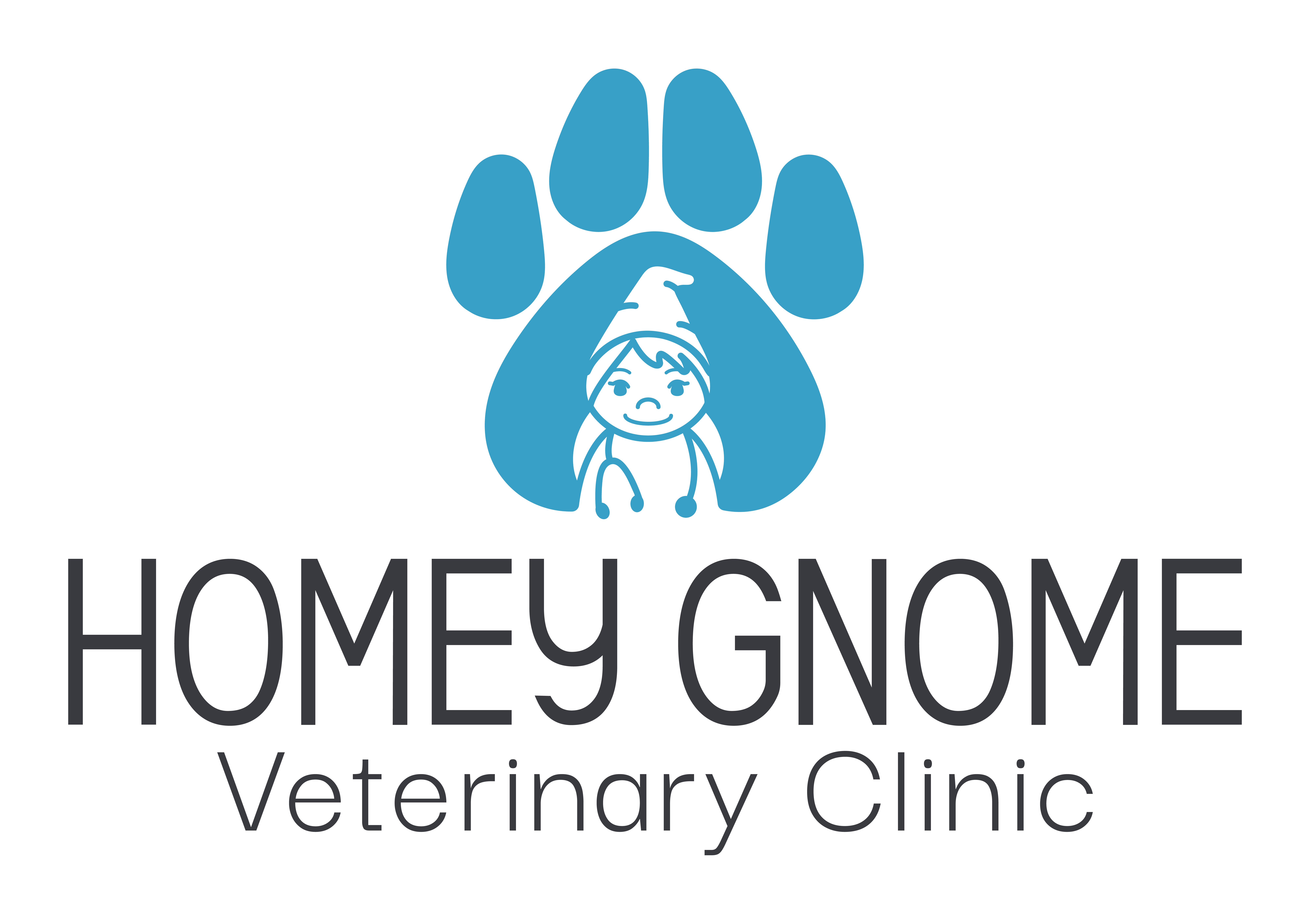Hearing that a beloved pet may have cancer is something no pet owner ever wants to face. Whether it’s a senior cat, a playful dog, or a unique exotic companion, the word “cancer” can bring fear, uncertainty, and many questions. At Homey Gnome Veterinary Clinic in Oakdale, MN, our veterinary team is here to guide you with knowledge, care, and compassion every step of the way.
This blog will walk you through the early signs of cancer, how it is diagnosed, and what treatment options are available for both traditional pets and exotic species. The goal is to help you feel more prepared, more informed, and most importantly, not alone.
What Is Cancer in Pets?
Cancer is a disease caused by the uncontrolled growth of abnormal cells in the body. These cells can form lumps or tumors, spread to different organs, or disrupt important body functions. Just like humans, animals can develop many types of cancer, ranging from skin cancer and lymphoma to more rare forms affecting internal organs.
While cancer is more common in older dogs and cats, exotic pets such as rabbits, ferrets, reptiles, and birds can also be affected. In these species, cancer often goes unnoticed until it has progressed, which is why regular checkups are so important.
Signs of Cancer in Pets You Shouldn’t Ignore
One of the most important things you can do as a pet owner is to pay attention to changes in your pet’s behavior or appearance. Here are some warning signs to watch for:
- New or growing lumps under the skin
- Sudden weight loss
- Loss of appetite or difficulty eating
- Bleeding or unusual discharge
- Lethargy or loss of interest in normal activities
- Sores or wounds that don’t heal
- Difficulty breathing, urinating, or defecating
In exotic pets, symptoms can be more subtle. For example, a reptile may become less active, or a rabbit might start eating less hay. These changes can be easy to overlook but may signal a serious underlying issue such as cancer. If you notice any of these signs, it’s time to schedule a visit with our veterinarians.
How Our Team Diagnoses Cancer in Pets
At Homey Gnome Veterinary Clinic, we take a thorough and individualized approach to every pet, whether it’s a dog, cat, or exotic animal. Diagnosing cancer starts with a physical examination, where we look for signs such as lumps, swelling, or discomfort. If something abnormal is found, we may recommend additional testing to better understand what’s going on.
Common diagnostic tools:
- Blood tests to check for internal abnormalities
- X-rays or ultrasound to look at internal organs and detect tumors
- Fine needle aspirates or biopsies to collect cells for laboratory analysis
For exotic pets, these diagnostics require special handling and species-specific knowledge. Our team has the training and experience needed to safely work with birds, reptiles, small mammals, and other unique pets.
If cancer is diagnosed, our team will walk you through the findings, explain what it means for your pet, and discuss the next steps in detail.
Treatment Options for Pets with Cancer
Cancer treatment isn’t one-size-fits-all. Every case is different, depending on the type of cancer, how advanced it is, your pet’s age and overall health, and your personal goals. Our goal at Homey Gnome is to provide options that are both effective and kind to your pet’s quality of life.
Here are some of the treatments we may recommend for your pet. When advanced care is needed, we work closely with trusted referral partners to help your pet receive the most appropriate treatment.
1. Surgery
If a tumor is in one area and hasn’t spread, surgery may be an option. Removing the growth can sometimes be curative or at least reduce pain and improve comfort.
2. Chemotherapy
Chemotherapy in pets is not like it is in humans. Side effects are typically milder, and the goal is often to slow the progression of the disease rather than cure it. This can be especially helpful in cases like lymphoma.
3. Radiation Therapy
Though not available at every clinic, radiation may be used for specific tumors. If we feel your pet could benefit from this, we’ll refer you to a trusted oncology center.
4. Palliative or Supportive Care
In some cases, the focus shifts to managing symptoms and improving comfort. Pain medications, nutritional support, and immune-boosting supplements can all play a role.
Caring for a Pet Undergoing Cancer Treatment
Cancer doesn’t just affect the body; it impacts the entire household. Pets undergoing treatment often benefit from gentle routines, extra affection, and a quiet, stress-free environment. Here are some tips:
- Keep your pet’s routine as consistent as possible
- Make sure they have a soft, quiet space to rest
- Monitor their appetite and offer highly palatable food if needed
- Administer medications as directed by your veterinarian
- Keep follow-up appointments so we can track progress
Our team at Homey Gnome is always available to answer questions or adjust care plans based on how your pet is responding. Your emotional well-being matters too, and we’re here to support you.
Prevention and Early Detection Matter
While not all cancers can be prevented, regular veterinary exams increase the chance of early detection. This is especially important for exotic animals, who often mask signs of illness until conditions are advanced.
Wellness visits give us the chance to catch subtle changes early and address any concerns before they become serious. If your pet hasn’t had a checkup recently, now is a good time to schedule one.
You’re Not Alone, We’re Here to Help
A cancer diagnosis is never easy, but with the right care, many pets can continue to live happy, comfortable lives. At Homey Gnome Veterinary Clinic, our compassionate veterinary team in Oakdale is dedicated to helping you understand your options, support your pet’s well-being, and guide you every step of the way.
If you’ve noticed any unusual changes in your pet or have questions about cancer treatment, please don’t wait. Call us at (651) 202-3388 or schedule an appointment today. Whether your companion has fur, feathers, or scales, we’re ready to help.


